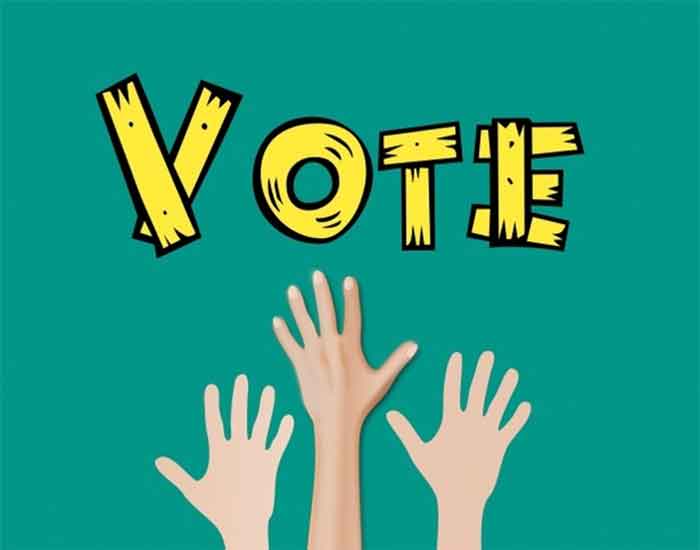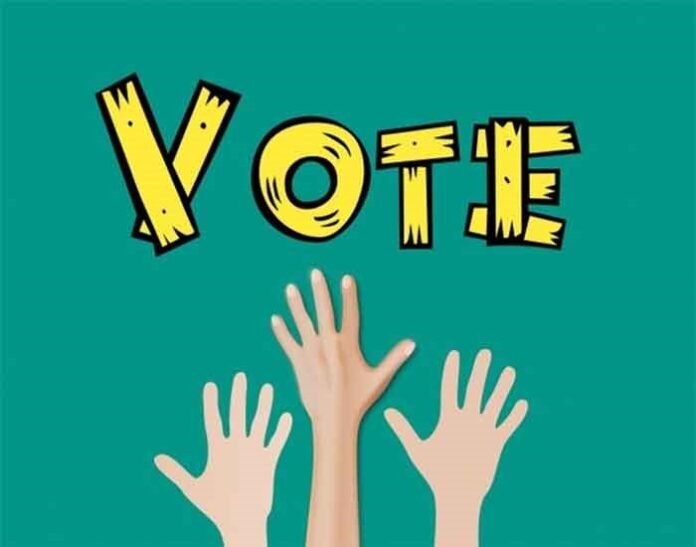
Political significance of forthcoming assembly polls is being weighed with the electoral appeal of Prime Minister Narendra Modi and challenge posed to him by the Opposition Leader Rahul Gandhi of Congress Party. There are four assembly elections scheduled for this year, beginning with ones in Jammu & Kashmir and Haryana. Whatever be the results, clearly, their outcome will have an impact on judging political fate of Modi and Gandhi. In essence, questions are being raised on whether these should be viewed as another political battle between Modi and Rahul, soon after that of parliamentary elections. In addition, they may be regarded as another strong test of nerves for numerous candidates in fray, a major quest particularly by Kashmiris to assert their democratic identity. Undeniably, more deliberations can be voiced, especially from angle of Kashmiris as they will be casting their votes in assembly elections for the first time in a decade and after abrogation of Article 370 as well as change of J&K’s status from a state to union territory.
Against backdrop of setback suffered by Bharatiya Janata Party (BJP) in parliamentary polls, electoral shock in these two assembly elections is most likely to pose numerous questions on decline in popular appeal of Modi. There is no denying, BJP’s political standing is strongly dependent on votes cast in favor of Modi. A rudimentary survey indicates that common Indian’s electoral support for BJP is decided not by what he thinks about this party but his “admiration” for Modi. The recent parliamentary elections may be viewed as a strong signal of there being considerable decline in this trend. In contrast to BJP having won all 10 Lok Sabha seats from Haryana in 2019, during the recent polls, it won five with the other five being bagged by Congress. During the 2019 assembly polls, though the BJP succeeded in forming the state government, the party failed to win the needed majority. It won 40 of 90 seats and thus formed a coalition government. In this context, going by this state’s verdict in parliamentary polls, possibility of Congress faring better than it did in 2019 assembly elections cannot be dismissed.
From one angle, the possibility of the BJP government being pushed out of power in Haryana seems fairly strong. But a lot also depends on the nature of political cards played against each other by the key rivals – BJP and Congress. Equally important is probably the intra-politicking exercised within the two parties by various factions. It may be noted, intra-party rivalry was also probably responsible for BJP’s failure to win the majority in 2024 Lok Sabha polls. The timing of Haryana polls, being held soon after parliamentary elections, also implies that impact of their campaigning and of course result is likely to be visible on the assembly poll results. Voters’ decision to favor BJP/Congress may also be based on who would they prefer as the next prime minister- Modi or Rahul?
Jammu & Kashmir assembly elections may be viewed as a fairly tough battle for voters, parties as well as candidates in fray for several reasons. At the outset, it seems that the key fight is between INDIA-alliance and BJP. While the BJP has decided not to enter into any alliance, a seat-sharing deal has been reached between National Conference (NC) and Congress. NC will contest on 51 seats, Congress- 32, with a friendly fight on five. They have left one for CPI (M) and one for Panthers party. Interestingly, NC’s key rival in state, People’s Democratic Party (PDP) has displayed mixed signals. On one hand, PDP leader Mehbooba Mufti has pledged its support to INDIA-alliance, on the other, the party has begun the process of releasing list of its candidates. In other words, PDP is participating in these elections without entering into alliance with any other party. Mufti herself is not contesting. With PDP having aligned with BJP in the past, speculations are certainly being entertained on whether it will pursue the same path again.
It is possible, PDP banked on the idea of aligning with NC and Congress, but it seems this hasn’t worked. The primary ground is perhaps that of PDP’s political standing being fairly weak and it being still judged on basis of its past alliance with BJP. Besides, PDP failed to win any seat in 2024 as well as in 2019 parliamentary elections which were equally divided between BJP and NC. On this ground, Congress has stronger reason to align with NC against BJP than with PDP. The electoral risk is that while support for BJP may remain united, that of other parties-may get divided leading to former gaining ground. This risk may also increase because of numerous politicians contesting elections as independent candidates. Now, it is to be watched on what basis the voters judge candidates in the fray. Their decision needs to be based on whose government would they prefer following the polls, that of BJP, NC-Congress, PDP or whatever alliance that takes shape. They certainly are caught in a fairly difficult situation, with a tough decision facing them.
Besides, the possibility of parliamentary elections’ impact on J&K polls cannot be ignored. In this context, they will probably be judging between political appeal of Modi and Rahul. There is no denying that Rahul’s manner of reaching out to people has enhanced his image considerably. But this is only a part of strategy to win their support. There is no guarantee that this will get translated into votes. And even if it does, the possibility of it turning into success/victory being limited because of favorable votes’ division, as suggested earlier, cannot be ignored. At the same time, considering the intra-party problems being faced by BJP in distribution of tickets, this party too is encountering its share of problems in J&K elections. Besides, committed BJP supporters and rivals seem fairly disturbed by the party having withdrawn J&K’s status of a state. A reason which led BJP to face a setback in Lok Sabha polls was its supporters’ disillusionment with some of its policies. Who knows, BJP may face the same problem in Haryana and J&K. Well, if that happens, it would only signal that the electoral show which began with 2024 Lok Sabha polls marking decline of Modi’s political appeal is displaying its impact in assembly polls too. Just as each vote matters, a lot depends on whether votes get too divided, letting the least favored assume power. This is possible in Indian elections, with numerous parties and independent candidates in fray. But it is for the voters to decide. Political strategies exercised to divide votes for victory may fail if voters see through this game-plan and vote wisely!

